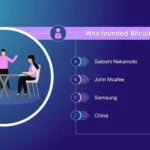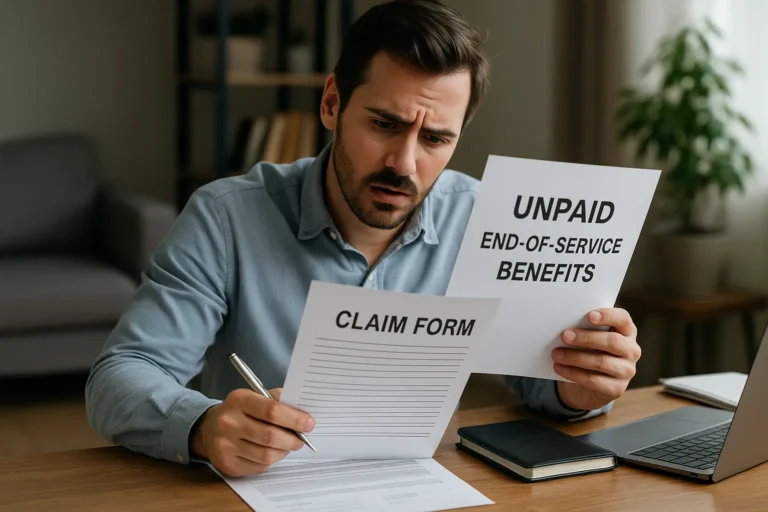The digital world is often a double-edged sword. On one hand, it provides a platform for creators to showcase their talent and connect with an audience; on the other, it exposes them to the dangers of unauthorized content sharing and invasions of privacy. A recent development that has captured public attention revolves around “Coco Bliss,” a social media influencer and content creator. The term “Coco Bliss Leaked” has been trending online, sparking discussions about privacy, online ethics, and the darker side of the internet.
Who is Coco Bliss?
Coco Bliss, whose real name is Cholee Land, is a popular TikTok star and content creator known for her engaging personality and creative videos. Rising to fame through lip-syncs, dance routines, and lifestyle content, she has built a significant following across multiple platforms. Her audience appreciates her authenticity and charisma, which have made her a standout figure among influencers.
Her online presence, however, comes with the risks inherent to digital fame. The term “Coco Bliss Leaked” has emerged as a contentious issue, raising questions about how creators can protect their content and privacy in an era dominated by digital sharing.
What Does “Coco Bliss Leaked” Refer To?
The phrase “Coco Bliss Leaked” generally refers to instances where private or exclusive content associated with Coco Bliss has been shared without her consent. This could include photos, videos, or other forms of media intended for private or limited audiences being distributed broadly online. Such leaks often originate from breaches of trust, cyberattacks, or even malicious intent from individuals exploiting loopholes in digital security.
The Ethics of Privacy in the Digital Age
The issue of leaked content is not just a problem for Coco Bliss but a broader societal challenge. In the age of social media, personal boundaries are increasingly blurred. What once would have been considered private is now frequently shared online—sometimes voluntarily, other times without consent.
| Ethical Concern | Description |
|---|---|
| Violation of Privacy | Unauthorized sharing of personal or sensitive content breaches an individual’s right to control their data. |
| Exploitation | Leaked content can be used to exploit or blackmail individuals, particularly if it’s sensitive in nature. |
| Digital Security Loopholes | Weak security measures or platforms failing to safeguard user data can lead to such incidents. |
| Public Misconduct | Audiences engaging with leaked content contribute to its spread, perpetuating harm to the affected person. |
Impact on Content Creators
For content creators like Coco Bliss, a leak can have profound personal and professional consequences. On a personal level, it can lead to emotional distress, embarrassment, and a feeling of powerlessness. Professionally, it may damage their brand, erode trust among followers, and create complications with partnerships or sponsors.
The emotional toll of such incidents is significant. For creators who invest their lives in building their public persona, breaches of privacy can feel deeply invasive. Many creators have voiced their struggles with anxiety, depression, and burnout following similar leaks.

Legal Framework and Protections
Laws governing online privacy and data protection vary by country, but many jurisdictions are taking steps to address the issue of leaked content. Laws like the General Data Protection Regulation (GDPR) in Europe and the Digital Millennium Copyright Act (DMCA) in the United States provide some recourse for individuals whose content is shared without their consent.
However, enforcing these laws can be challenging. Content spreads rapidly on the internet, often crossing international boundaries, which complicates legal action. Additionally, creators must often act quickly to file takedown requests or pursue legal avenues to minimize the damage.
Public Responsibility and Awareness
While the legal system plays a crucial role, the public also has a significant part to play in addressing issues like “Coco Bliss Leaked.” Online users must recognize the ethical implications of consuming leaked content. Supporting creators means respecting their boundaries and rejecting content that violates their privacy.
- Avoid engaging with leaked content. Viewing or sharing such material perpetuates harm.
- Report unauthorized content. Most platforms allow users to flag inappropriate or unauthorized material.
- Support ethical content consumption. Engage with creators’ official platforms and respect their terms.
The Role of Platforms in Protecting Creators
Social media platforms and content hosting services have a responsibility to protect their users. Enhanced security measures, such as two-factor authentication and end-to-end encryption, can help prevent unauthorized access to private content. Additionally, swift action in removing leaked content and penalizing offenders can deter future incidents.
Platforms can also implement educational initiatives to inform users about digital ethics and the consequences of violating privacy. Building a community of informed and responsible users is key to fostering a safer online environment.
Moving Forward: Lessons from the Incident
The “Coco Bliss Leaked” incident highlights several critical lessons for both creators and the wider digital community:
- Strengthening Digital Security: Creators must adopt robust security practices, such as using secure passwords and being cautious about sharing content.
- Advocating for Policy Changes: Governments and organizations should collaborate to create stronger protections for online users.
- Promoting Digital Literacy: Educating the public about online ethics and privacy can lead to a more respectful digital culture.
The rise of digital platforms has created unparalleled opportunities for individuals to connect and express themselves, but it has also introduced new risks. The case of “Coco Bliss Leaked” serves as a stark reminder of the need to prioritize privacy, security, and ethical behavior in the online world.
As users, we have a collective responsibility to support creators and respect their boundaries. By advocating for stronger legal protections, promoting ethical content consumption, and fostering a culture of respect, we can create a safer and more equitable digital landscape for everyone. For Coco Bliss and countless others facing similar challenges, these steps are vital in reclaiming their agency and ensuring their voices continue to inspire.











